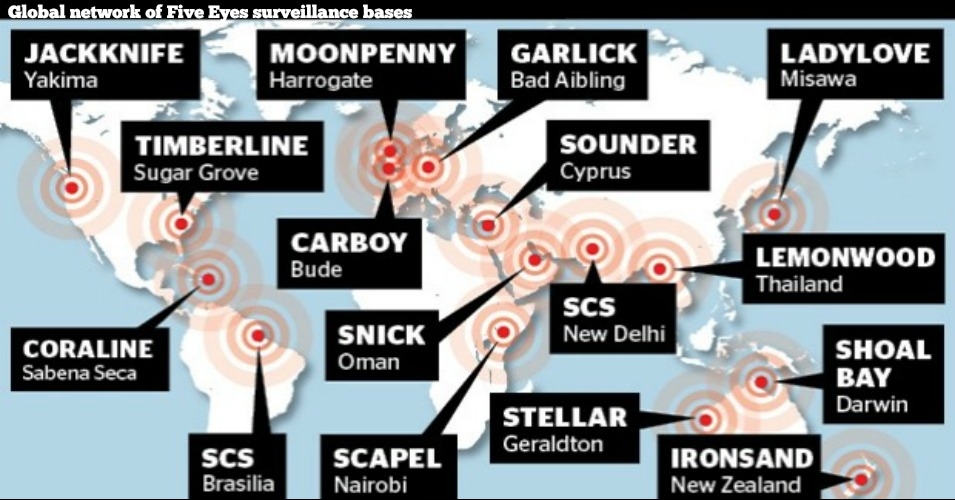Often touted as the centerpiece of the Obama administration’s re-engagement with Asia, a close vote in the US Senate has brought the Trans-Pacific Partnership (TPP)…

New Zealand
The Trade in Services Agreement "responds to major corporate lobbies’ desire to deregulate services," says global trade expert. (Photo: GGAADD/flickr/cc) One day after it leaked a…
Popular clothing stores, like H&M, Levi’s, and Gap, are beginning to turn their attention toward producing healthier and more environmentally-friendly clothing. [1] Increased consumer awareness around the…

On April 15, perhaps as you’re reading these words, working people in 200 American cities will rally for a $15 base wage and the right…

There’s little natural about the boundaries that divide states and countries. They’re often imaginary lines that result from history, conflict, or negotiation. But imagine what…

There’s little natural about the boundaries that divide states and countries. They’re often imaginary lines that result from history, conflict, or negotiation. But imagine what…

This is an advanced January 2015 version of the confidential draft treaty chapter from the Investment group of the Trans Pacific Partnership (TPP) talks between…

The U.S. is at the tail end of negotiating the Trans-Pacific Partnership (TPP)—a massive trade deal with Mexico, Canada, Japan, Vietnam and seven other countries. The…

The Five Eye spy bases around the world. A new batch of Snowden documents offer an unprecedented look into the close relationship of the surveillance…

New documents from the cache of files leaked by Edward Snowden show that New Zealand's intelligence agency has been collecting in bulk the cell phone,…